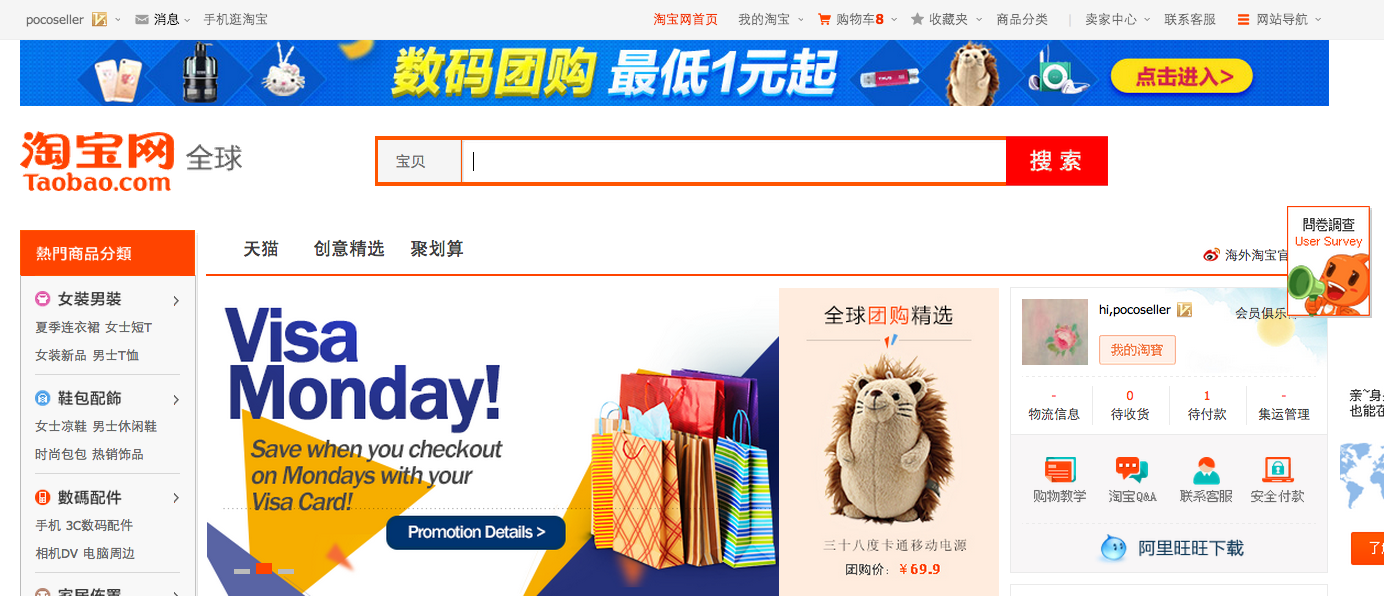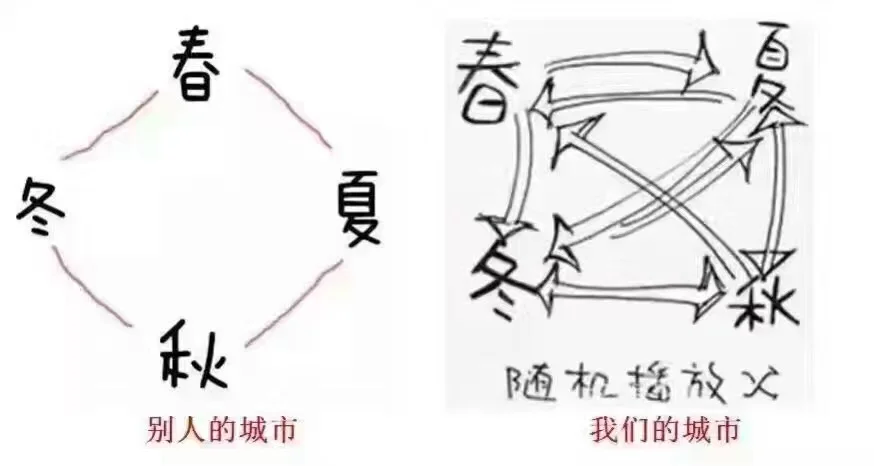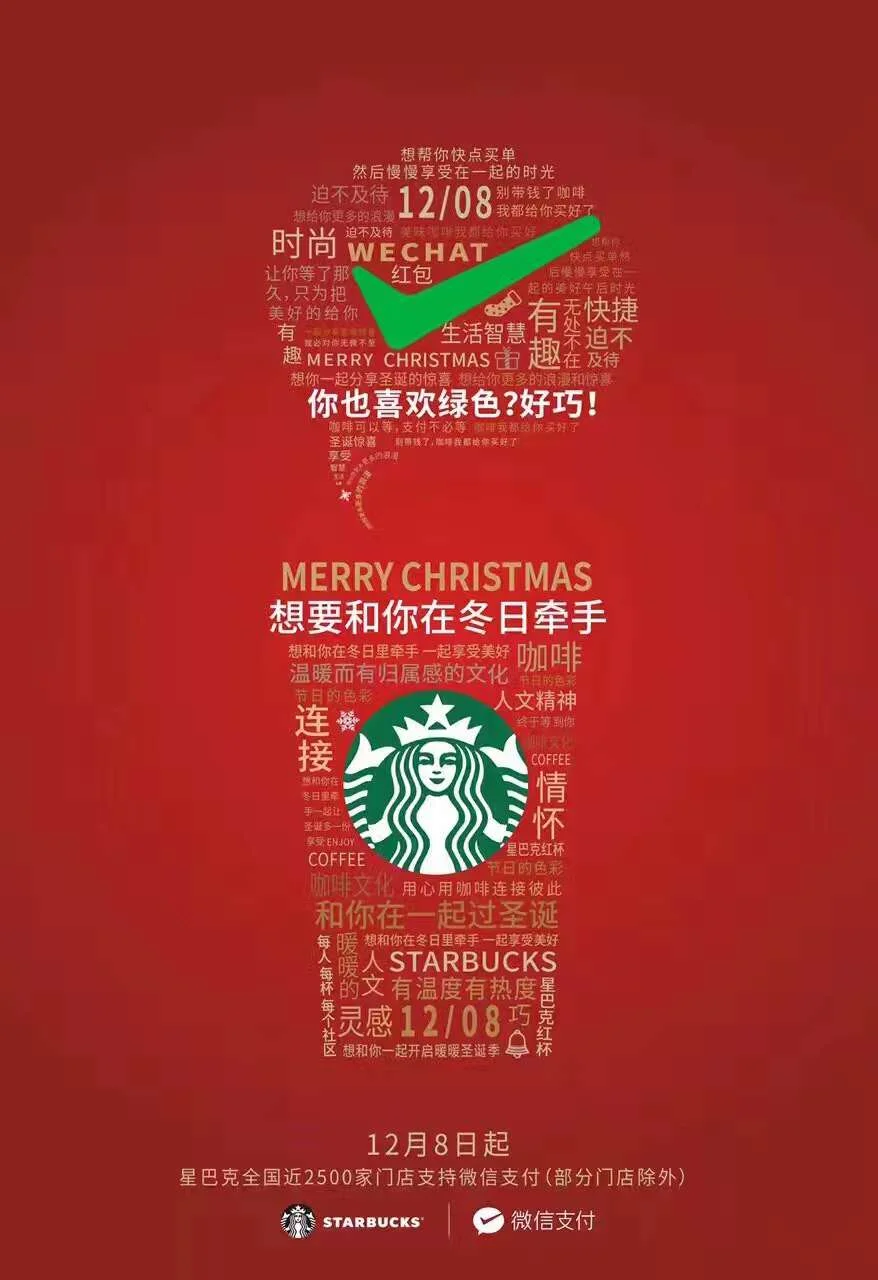12 Things You Should Know About Alipay’s 12.12 ‘Shopping Holiday’
One year ago, the before relatively-unknown concept of ‘12.12’ (the 12th day of the 12th month) burst onto the scene, and was noticed not just in China, but around the world. The shopping frenzy was the brainchild of Alipay, the mobile payments system from Chinese tech giant Alibaba. It was their follow-on to the much better-known Singles Day, held one month and one day before on 11.11, and targeted to a slightly different group of both retailers and customers. Last year, their bitter rival in the mobile payments space, WeChat Wallet, managed to garner a lot of sales volume on 11.11, which gave Alipay a strong incentive to hold another shopping festival - one which they could control.
11.11 regularly breaks headlines and in 2015 became the largest shopping day in the world by sales volume, and had easily surpassed even Black Friday and Cyber Monday, with Alipay's parent company alone raking in over $14.3 billion in sales. By contrast, 12.12 was still in its infancy and yet managed to garner nationwide attention in China with its promise of 50% off millions of items when bought with Alipay. So to give you the lowdown as we get going again in 2016, here are 12 things that you should know about 12.12:
It’s artificial. Be under no illusions — 12.12, like 11.11, is a very new event. Both of them were created by different branches of the Alibaba Group in the recent past and 2015 was only the second year that 12.12 has been formally ‘held’.
It has a different target. Whereas the Alibaba retail platform is the main driving force behind the 11.11 event and focuses on enabling larger brands, Alipay (China’s leading mobile payment solution) is the driving force behind 12.12 and focuses much more on smaller e-tailers and offline shops who get little benefit from the November event. It is also about increasing their own visibility in a time when they are being eclipsed in some circles by WeChat Wallet from rival corporation Tencent.
It’s growing really fast. Some 300,000 offline merchants participated in last year's event. That’s up from just 20,000 in its first year — a 15 times increase.
It’s a great deal for merchants. Many offline merchants were offered not only half of their discount returned to them by Alipay, but a deal offering no transaction fees for the entire of the following year, in return for participating in the sale.
It’s not just for smaller retailers though. Big brands were involved heavily as well — KFC, McDonalds, Carrefour, Wal-Mart, Family Mart, 7/11 and Uniqlo were among the stellar names making up the list last year.
It’s not just in China. Stores in Australia, Thailand, Korea and Japan were included in last year’s 12.12 sale, in addition to the Chinese shopping hotspots of Hong Kong and Macau. Alipay ramped up international cooperation last year in order to position itself as the payment solution of choice for traveling Chinese.
It’s even in Taiwan. In a showing of closer economic ties, stores in Taiwan last year also participated in the event — in addition to huge departments stores in Taipei, the famed eateries along the Ningxia Night Market also accepted Alipay and gave 50% off.
It made money for customers. Taobao, owned by the same parent company, offered cash rewards to its customers as part of the event — users of mobile Taobao who created personal shopping lists and shared them to their friends, received cash payments direct to their Alipay accounts (think sales commissions) if their friends bought items on the shared lists.
It sparked a new trending word. Last year saw a determined effort on the part of Chinese consumers to plan out an entire day of eating, drinking, shopping, and entertainment, moving from discount to discount — leading to a new phrase coined to describe them: ‘Double 12 Strategists’ (双十二攻略)
Its scale of participation is huge. According to good estimates, 28,000,000 people participated in buying vouchers and discount coupons online, and an extra 30,000,000 people used Alipay’s 12.12 deal in physical stores.
It was great for memberships. Alipay and its partner service Koubei added 19,500,000 new members on 12.12 last year.
It was a great day for movie theaters. 50,000,000 movie tickets were sold on 12.12 last year, with 1.5 million of them sold on Taobao alone.
The huge number of smaller and offline retailers that participated last year means that actual dollar figures are a lot harder to accurately tie down that they ever are for Singles Day. But the numbers above give a glimmer of what is likely to be an unimaginably massive total when it's done all over again this year. If it’s as big as early estimates suggest, expect the media to begin giving as much attention to 12.12 as they do to its sister event in future, as examples of what can happen when the impressive purchasing power of Chinese consumers is herded and then unleashed.




